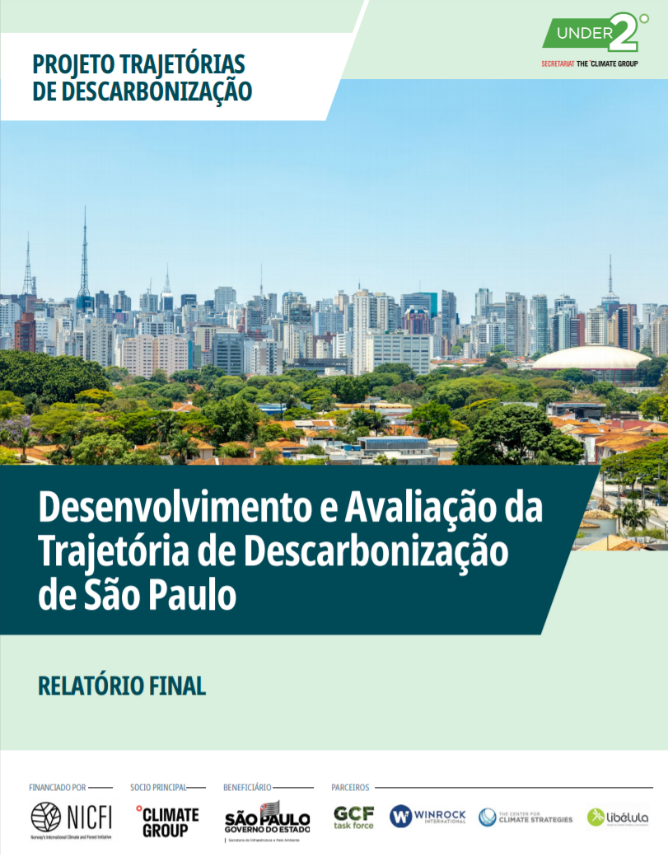LAC Decarbonization Pathways: Looking Back, Thinking Forward
July 13, 2021, Washington, DC. The Center for Climate Strategies (CCS) has completed six subnational Decarbonization Pathways in the Latin America and Caribbean (LAC) region for Queretaro and Quintana Roo in Mexico, Sao Paulo, Mato Grosso and Amazonas in Brazil, and Madre de Dios in Peru. The actionable plans, now publicly available, position these states and regions to achieve their 2050 greenhouse gas (GHG) emissions targets, including Net Zero, while enabling sustainable local economic development.
The six Pathways are a result of intensive collaboration and assessment process with the government and local stakeholders supported by international expertise and assistance from CCS, Winrock International, The Climate Group, and the GCF Task Force as part of the Climate Pathway Project.
Each Decarbonization Pathway is closely tailored to the economy and priorities of each state and region, supports local ambition, and carefully addresses specific key emission drivers across very diversified economies. The planning and development process behind each Decarbonization Pathway provides a consolidated and flexible framework that enables the implementation of specific GHG mitigation actions in a way that can trigger sustainable economic growth. The framework will serve as a roadmap and template to support these states and regions to further expand their Decarbonization Pathway in the future and to guide other jurisdictions that will embark in a sustainable decarbonization journey.
The Climate Pathway Project started in 2019 as part of the Under 2 Coalition to develop mid-century decarbonization approaches that stabilize Earth’s climate and improve resilience and to foster public-private collaboration on local community development, sustainable economic recovery, investment mobilization, health, and social equity through modern energy and natural resources uses.

